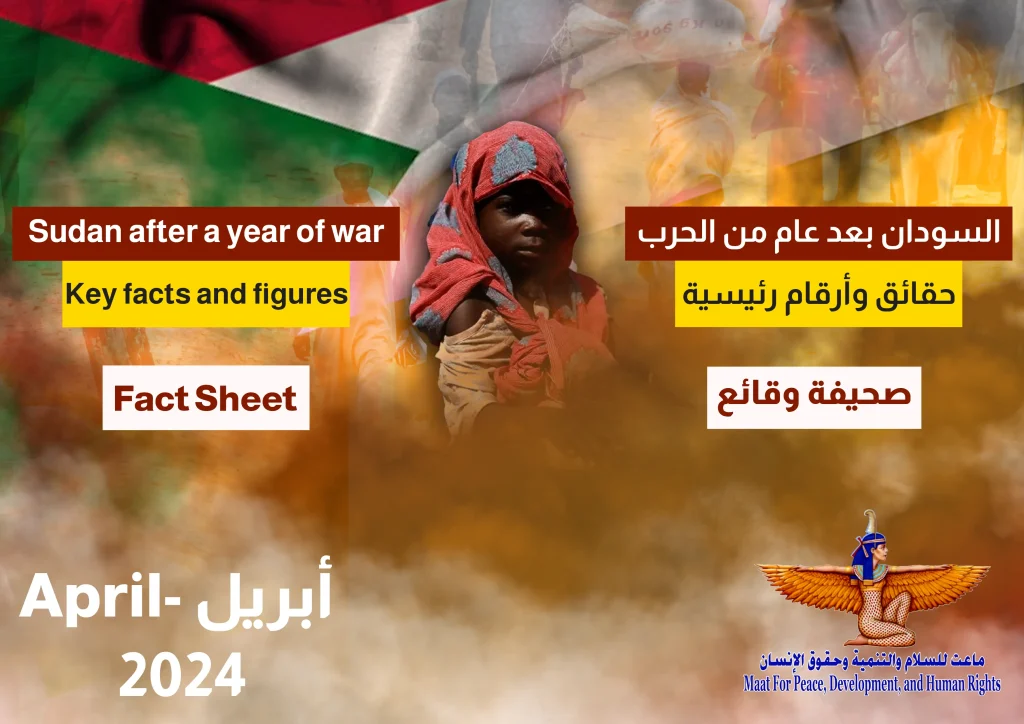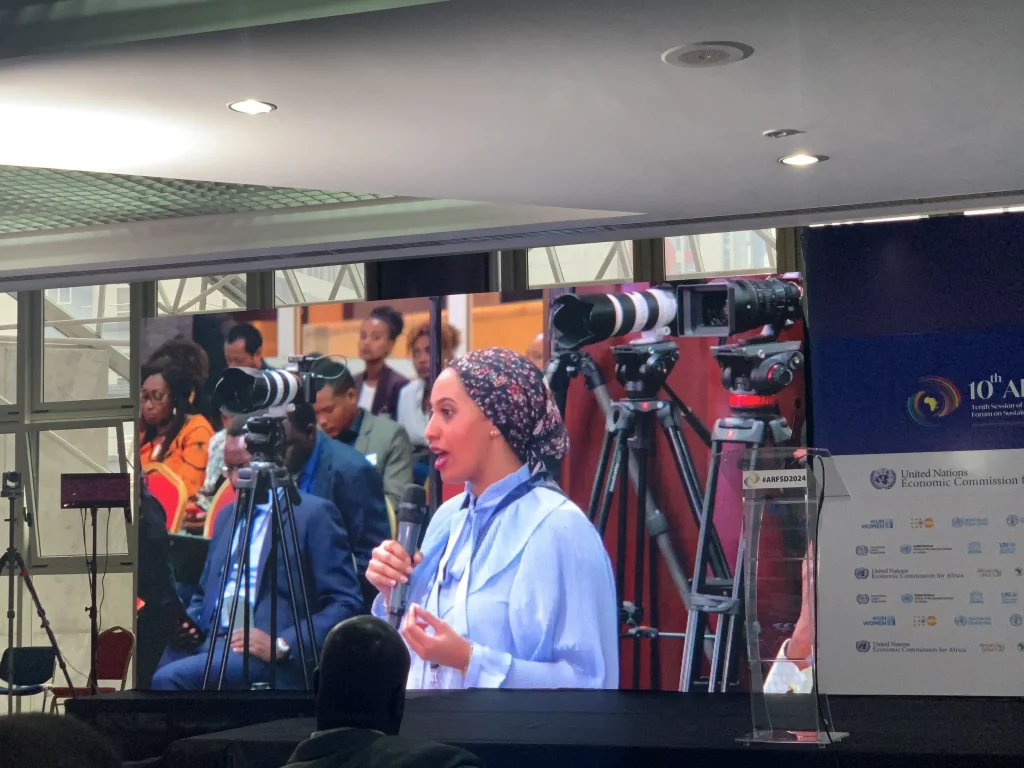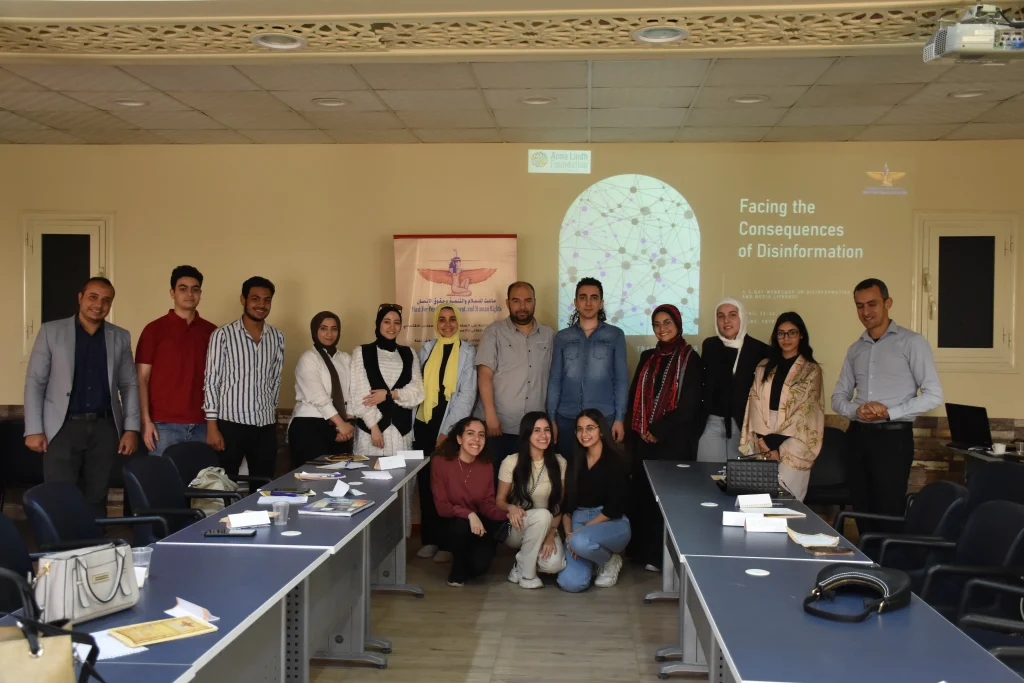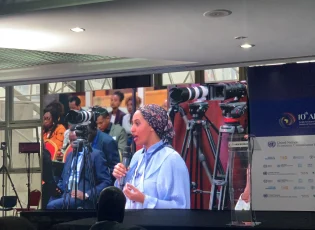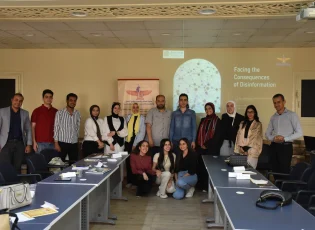On the Sidelines of Syria's Review of its Human Rights File, Maat Issues a Report on the Human Rights Situation in Syria
Okeil: Syria is now the world's most dangerous conflict zone for journalists.
Abdul-Hamid: 1.3 million displaced people in Idlib live in overcrowded camps and are at risk of death
On the sidelines of its participation in the universal periodic review process at the United Nations, the Maat Foundation for Peace, Development and Human Rights issued today, Tuesday, February 1, a report entitled “A look at the human rights situation in Syria... in light of the universal periodic review,” Which dealt with an overview of the Syrian government's universal periodic review process, which was subjected to the third review before the United Nations Human Rights Council, on January 28, and during the review session, the Syrian government received 287 recommendations from 91 member states of the council. The Syrian government indicated that it would study 276 recommendations, while She took note of the 11 other recommendations.
The report indicated that Syria is still not party to many international treaties related to human rights. For example, it has not ratified the International Convention for the Protection of All Persons from Enforced Disappearance. Besides, it is not party to the 1st Optional Protocol to the Convention against Torture, and the 2nd Optional Protocol of the International Covenant on Civil and Political Rights, which aims to abolish the death penalty, let alone the conventions on refugees and stateless persons.
The report revealed that during the period from the beginning of the Syrian conflict until the end of 2021, more than 350,290 people were killed, including 27,827 women and 29,700 children were killed, along with the arrest of more than 149,862 people since the beginning of the Syrian conflict until the end of 2021, of whom about 1,603 citizens were killed as a result of systematic torture in detention centers, and another 102,657 people were forcibly disappeared, including 2,405 children and 5,801 women.
Through Maat’s follow-up to the human rights situation in Syria, the report showed that the warring parties have directly contributed to the decline in human rights. For example, the armed factions loyal to the Turkish government, since it tightened its control over northeastern Syria in March 2018, have arrested about 7,433, of whom 1,098 have been tortured and 137 have been killed due to torture. In addition, internationally prohibited weapons such as chlorine gas and white phosphorous have been reportedly used, leading to the death of 103 civilians during the Operation Peace Spring. On the other hand, armed groups, including the Islamic State and Hay'at Tahrir al-Sham (HTS) have launched indiscriminate attacks on civilians using mortars and missiles, which led to the death of 1963 civilians during the period from January 2017 to March 2021.
In this context, the human rights expert and president of Maat, Ayman Okeil, said that Syria is now the world's most dangerous conflict zone for journalists. Many journalists and media workers have lost their lives at the hands of the conflict parties in Syria. The parties to the conflict have committed 1421 violation of media freedoms from the beginning of the conflict until the end of December 2021, and about 709 media professionals were killed from March 2011 to May 2021, including 84 media professionals during the period from 2017 to 2020. Moreover, 6 women journalists and 52 male journalists have been tortured to death, in addition to the injury of at least 1,563.
Okeil added that over the past decade, all warring parties in Syria have failed to respect human rights, which was confirmed by the recommendations made to the Syrian government during the third UPR session, which mainly reflect the cycle of human rights regression that Syria has suffered from since the beginning of the conflict. The parties to the conflict have committed various human rights violations and unspeakable crimes against thousands of innocents who are paying the heavy price for the continuation of the conflict. All parties have also disregarded the principles of public and humanitarian international law.
For his part, Sherif Abdul-Hamid, director of the Research and Studies Unit at Maat, said that the military attacks on civilian areas in Syria have caused the internal displacement of many citizens, which led to the establishment of camps to contain them. The camp residents face very difficult humanitarian challenges represented in the lack of food, the poor medical care, the outbreak of epidemics, as well as the extreme weather conditions. For example, about 1.3 million of the total 1.9 million IDPs are present in Idlib in overcrowded camps and shelters.
Abdul-Hamid added that Maat had received many appeals stating that children had died in refugee camps in northeastern Syria due to the recent cold wave that hit the camps in January 2022. We have confirmed the death of 15 children due to the freezing cold in light of total absence of the roles of humanitarian institutions in providing all services that would protect these children from extreme climate changes.

 |
 |



